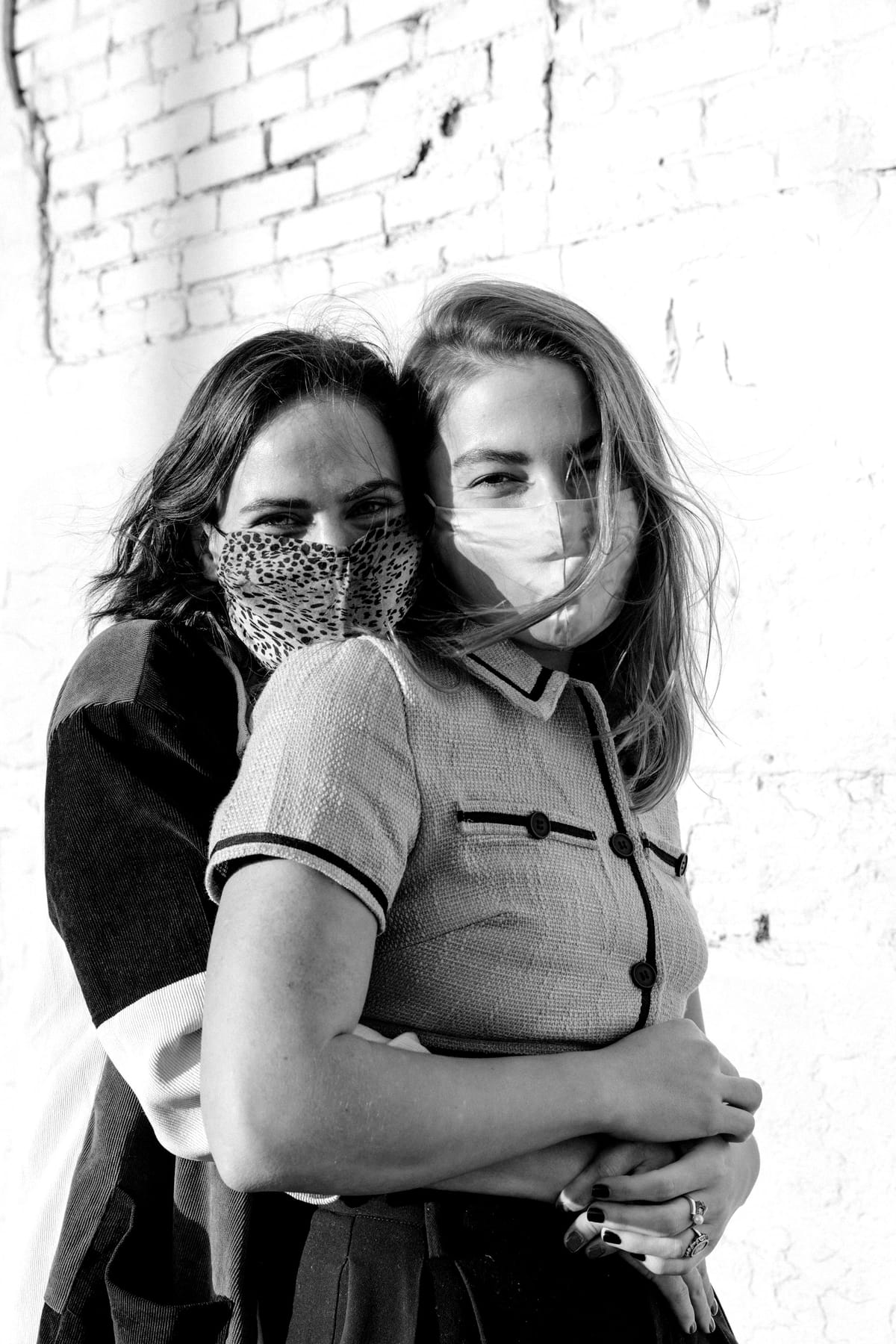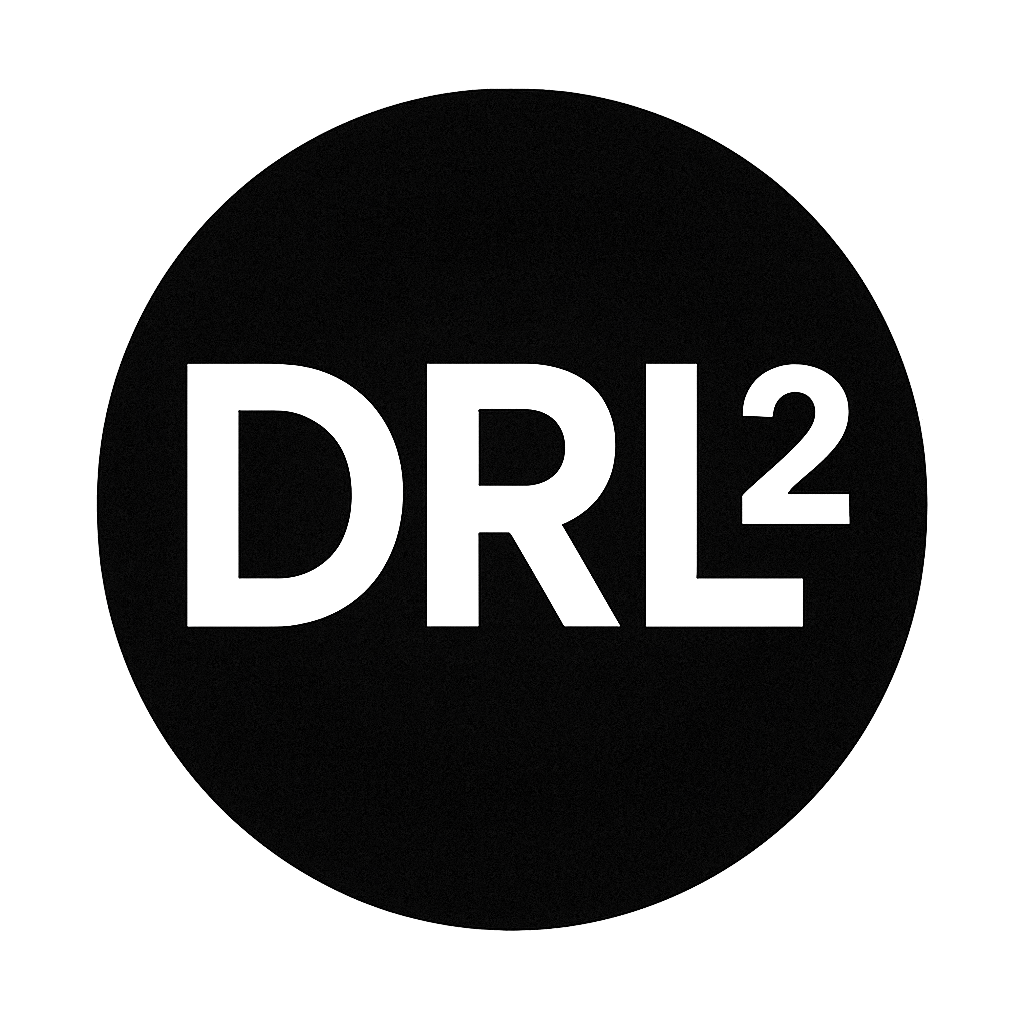The Right to Remain Unseen

Why the Proposed Face Covering Ban at Protests Is Dangerous, Dishonest, and Designed to Silence
The proposed ban on face coverings at protests is more than misguided — it is absurd. It is a shallow attempt to control public dissent by rendering it visible, legible, and ultimately punishable. Behind its language of “safety” lies something far older and more dangerous: a fear of the unseen.
Let’s be clear. People wear masks for many reasons. To protect themselves from infection. To shield themselves from surveillance. To express cultural, religious, or artistic identity. And sometimes, simply to exist in public space without fear of being identified, logged, or targeted.
The proposed legislation deliberately ignores this complexity. It treats every covered face as a threat. But whose safety does it claim to defend?
Not the disabled. Not the immunocompromised. Not those living with chronic illness who still face daily risk from airborne pathogens. Not the carers, the cautious, the neurodivergent. Not those who march knowing that the State has little interest in protecting them once they leave the streets and return to lives already under pressure.
This is not about safety. This is about visibility — and more specifically, enforced visibility. It is about making dissent easier to monitor, easier to suppress, and easier to criminalise. The mask becomes a scapegoat. A symbol that can be outlawed, even when the act of protest itself cannot.
But protest is not supposed to be polite, predictable, or photogenic. It is not a photoshoot for news cycles or an open casting call for ‘respectable dissenters’. Protest is disruptive. It is emotional. It is messy. And it is often anonymous — for very good reasons.
We live in a world saturated with facial recognition technology. It is embedded in our phones, our public transport, our shopping centres, our public squares. Protesters are already being flagged, profiled, and archived by machines that do not care about context, nuance, or justice. To demand that people expose themselves further in this environment is not just unethical — it is absurd.
Some of us reveal our faces when we choose to. That is a decision. A gesture. A part of performance, of art, of message. But it must remain a choice. Not a precondition of civil participation. Not a test of good citizenship.
The irony is that governments who push this kind of legislation often claim to champion individual liberty. And yet they cannot tolerate the most basic form of it: the right to appear — or not appear — in public on one’s own terms.
What they fear is not danger. What they fear is defiance.
The quiet defiance of a person whose face they cannot scan.
The silent refusal to be documented, profiled, or archived.
The possibility that someone might stand in the street and say: You do not own my image. You do not own my body. You do not own my voice.
This isn’t a fringe issue. This affects all of us. Because when protest becomes a privilege for the visible, the healthy, the documented, and the already-safe — then it ceases to be protest at all. It becomes performance for the powerful.
A just society must protect dissent in all its forms. Including the masked. Especially the masked. Because to be masked is often to be marginalised, endangered, or ignored.
To legislate against face coverings is not only medically illiterate and ethically bankrupt — it is creatively and culturally bankrupt too. It shows no understanding of what protest is, what it means, and who it’s for.
The irony is that it’s an act of cowardice dressed up as courage.
And history will not look kindly on those who enforced visibility while claiming to serve justice.
